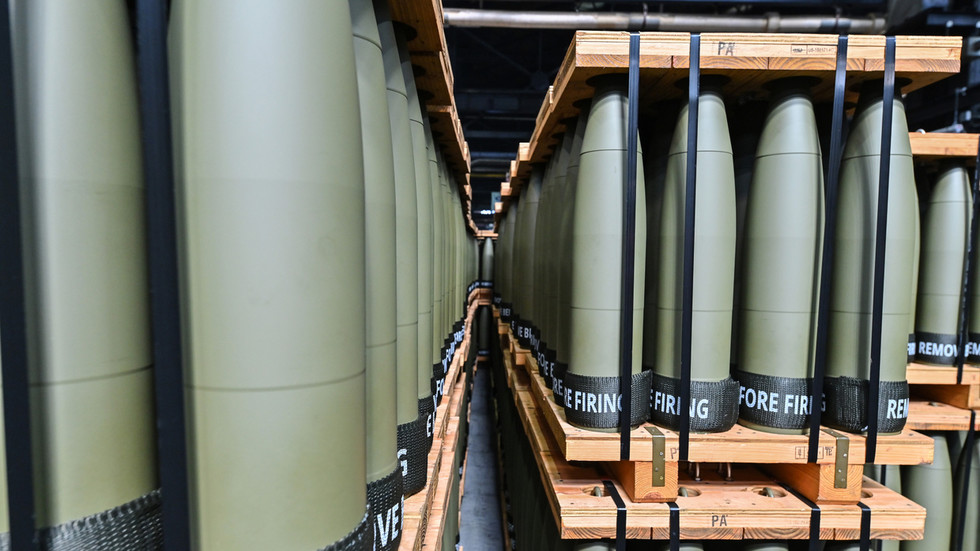Economy remains key issue after protesters angered by financial crisis toppled President Gotabaya Rajapaksa in 2022.
A record number of candidates are contesting Sri Lanka’s presidential election next month as the country grapples with an unprecedented economic crisis.
The electoral commission accepted 39 applications on Thursday for the September 21 election, including from incumbent Ranil Wickremesinghe.
During the last vote in 2019, 35 candidates ran for the presidency.
“We have to stabilise the economy,” Wickremesinghe told reporters after filing his nomination. “What we are saying is, ‘Let’s go ahead and finish this job’. That’s why I’m asking for your support.”
The South Asian nation is in the midst of a critical debt restructuring and financial reform programme under a bailout by the International Monetary Fund (IMF).
With unsustainable debt, the lingering effects of the COVID-19 pandemic, and a shortage of fuel, medicine and food in 2022, widespread protests led to the resignation of former President Gotabaya Rajapaksa.
Wickremesinghe, 75, was elected as president in 2022 and shepherded the country through the economic crisis with a series of reforms and an ambitious target to make the country a developed nation by 2048.
The election is seen as a referendum on his economic reforms, which have not affected many people despite improving key economic figures.
Inflation has dropped to about 5 percent from 70 percent two years ago under Wickremesinghe’s administration. Interest rates have also dropped, the rupee has rebounded, and foreign reserves have increased.
Creditor countries such as India, Japan and France have agreed to defer debt repayments until 2028, giving the island nation space to rebuild its economy.
But professionals and businesses complain of higher taxes, and all people are affected by the high cost of living. Some critics accuse Wickremesinghe, a former prime minister, of protecting allegedly corrupt members of the previous administration in return for their support for his reforms in Parliament.
Wickremesinghe faces a daunting challenge from career politician Sajith Premadasa, 57, the current opposition leader of Samagi Jana Balawegaya, and leftist leader Anura Kumara Dissanayaka, 55, whose National People’s Power (NPP) coalition is popular among young people.
Many of the other candidates running in the election are viewed as proxies of key parties.
Premadasa pledged to tackle corruption. “Right now, 22 million people of our country are suffering from incompetence, ineptitude, mass-scale corruption, and looting of the public treasury,” he said.
What started as a three-way battle became more complicated last week when the influential Rajapaksa family withdrew their support for Wickremesinghe in favour of Namal Rajapaksa, a 38-year-old member of parliament and son of former President Mahinda Rajapaksa.
Two monks are also running for the presidency, with one calling for the legalisation of cannabis and a ban on birth control.
After announcing those running on Thursday, Election Commission chairman RMAL Rathnayake warned candidates to ensure they follow election rules.
“Don’t influence public officers to any illegal activity to help your campaigns,” Rathnayake said.
More than 17 million people are eligible to vote in September. The results are expected within a day of voting, and the winner must be sworn in within two weeks.





















Discussion about this post